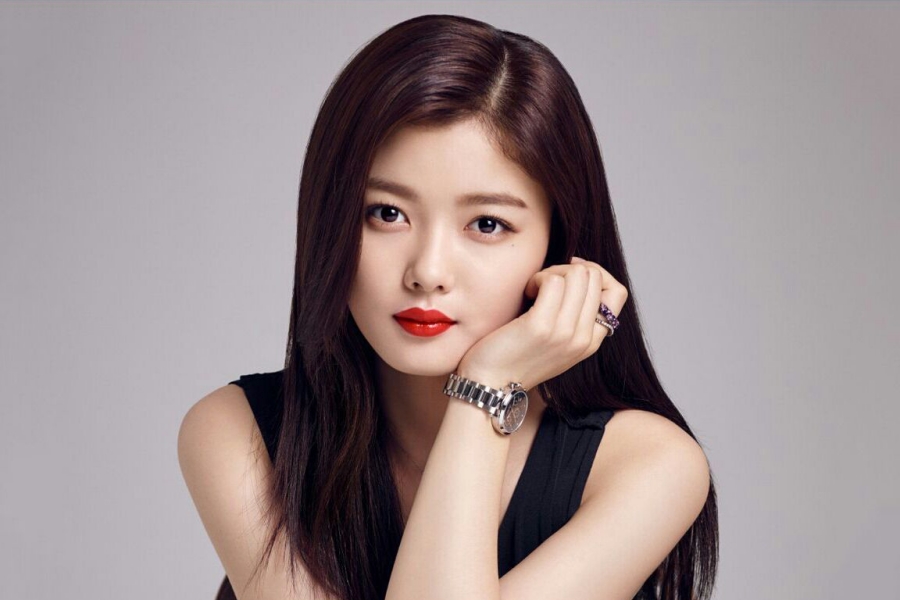Name of woman in korea: 100 Beautiful Korean Girl Names (With Meanings)
Posted on
|
|
|
||||||||||||||||||
|
|
|
|
||||||||||||||||||
|
|
|
Online since 1999. Visitors since 2006
|
86 Pretty And Cute Korean Girl Names With Meanings
Javascript is disabled!
Discover the cultural richness with these names from the land of the morning calm.
Illustration: MomJunction Design Team
| Name | Gender | Meaning | |
|---|---|---|---|
| Ha Eun | Girl | Ha means Summer, Great, or Talented, Eun means Kindness, Mercy, Charity, and can also mean Silver, Money | |
| Ha Rin | Girl | Ha means Summer, Great, or Talented, Rin means Female unicorn | |
| Ha Yoon | Girl | Ha means Summer, Great, or Talented, Yoon means Allow or Consent | |
| Ji Ah | Girl | Ji means Wisdom, Intellect, Perceive, Comprehend, Will, Ambition, Ah means Beautiful, Bud, Sprout, Elegant, Graceful | |
| Ji Woo | Girl | Ji means Wisdom, Intellect , Perceive, Comprehend, Will, Ambition, Woo means Rain, House, or Universe | |
| Ji Yoo | Girl | Ji means Wisdom, Intellect, Perceive, Comprehend, Will, Ambition, Yoo means Abundant, Rich, Plentiful | |
| Seo Ah | Girl | Seo means Auspicious, Ah means Beautiful, Bud, Sprout, Elegant, Graceful | |
| Seo Yeon | Girl | Seo means Auspicious, Yeon means Beautiful or Graceful | |
| Seo Yoon | Girl | Seo means Auspicious, Yoon means Allow or Consent | |
| Soo Ah | Girl | Soo means Water, Sore, Bank, Ah means Beautiful, Bud, Sprout, Elegant, Graceful | |
| Ae-Cha | Girl | A loving daughter | |
| Bong-Cha | Girl | The ultimate girl | |
| Chin-Sun | Girl | The one who seeks truth and goodness in everything, truth and goodness | |
| Choon-Hee | Girl | A girl born at the time of spring. |
|
| Chun Hei | Girl | Justice and grace | |
| Chung Cha | Girl | Noble and daughter | |
| Chung-Cha | Girl | A righteous and chaste girl. | |
| Da | Unisex | To attain | |
| Dae | Unisex | The great one; shining | |
| Du | Girl | Head | |
| Eui | Girl | Righteousness | |
| Eun | Girl | Silver | |
| Eun Ae | Girl | Grace with love | |
| Eun Jung | Girl | Grace and affection | |
| Eun-Kyung | Girl | A graceful gem. | |
| Gi | Girl | One who is brave | |
| Goo | Girl | Complete, someone who completes you | |
| Hae | Girl | O girl who is like an ocean | |
| Hae-Won | Girl | Graceful and beautiful garden. |
|
| Hee-Young | Girl | Joy and prosperity, a girl who brings joy and prosperity wherever she goes. | |
| Hei Ryung | Girl | Grace and brightness | |
| Hei-Ran | Girl | Grace and orchid, a graceful orchid. | |
| Ho-Sook | Girl | A clear lake. | |
| Hoe | Girl | A Garden Tool Used to Loosen Soil, A korean dish of raw fish | |
| Hwa-Young | Girl | A beautiful flower | |
| Hyo | Girl | One with a filial duty | |
| Hyo-Sonn | Girl | One who is filial and gentle. | |
| Hyun | Unisex | «Bright» or «intelligent» in Korean; Variant transcription of HYEON meaning virtuous | |
| Hyun Jae | Girl | Wise and respect | |
| Hyun-Ae | Girl | A woman who is loving and clear. |
|
| Hyun-Ok | Girl | A wise and beautiful pearl. | |
| Jae Hwa | Girl | Respect and beauty, One who is rich and prosperous. | |
| Jee | Unisex | To know or the wisdom | |
| Ji | Unisex | The name Ji is a Korean name and means Wisdom and Itelect. | |
| Jin Ae | Girl | Truth, treasure and love | |
| Jin Kyong | Girl | Truth, treasure and brightness | |
| Ki | Unisex | Ki means The One who has Arisen | |
| Kyung Mi | Girl | Honored and beauty | |
| Kyung Soon | Girl | Honored and mild | |
| Kyung-Hu | Girl | Girl in the capital | |
| Mee | Girl | Beauty, a beautiful woman | |
| Mi Cha | Girl | Beauty and daughter, beautiful daughter | |
| Mi Kyong | Girl | Beauty and brightness | |
| Mi Sun | Girl | Beauty and goodness | |
| Mi Young | Girl | Everlasting beauty | |
| Mi-Cha | Girl | A beautiful girl | |
| Mi-hi | Girl | Beautiful joy | |
| Mi-Ok | Girl | Beautiful pearl | |
| Min | Girl | A clever person, sharp-minded, quick responding person | |
| Min Jee | Girl | Brightness and wisdom | |
| Min Jung | Girl | Bright and noble | |
| Mishil | Girl | A beautiful kingdom or a admired dynasty | |
| Mun-Hee | Girl | An educated and literate girl. |
|
| Myung Hee | Girl | Brightness and pleasure | |
| Myung-Ok | Girl | A bright pearl | |
| Sang Hee | Girl | Benevolence and pleasure | |
| So Young | Girl | Eternal, beautiful and prosperity | |
| Soo | Girl | A charitable, kind and noble person | |
| Soo Jin | Girl | Treasure, excellence and truth | |
| Soo Min | Girl | Excellence and cleverness | |
| Soo Yun | Girl | A perfect lotus flower. | |
| Sook | Girl | She of pure nature | |
| Soon-Bok | Girl | Gentle and blessed, one with a gentle soul. | |
| Sun Hee | Girl | Pleasure and goodness | |
| Sun Jung | Girl | Goodness and noble | |
| Sun-Hi | Girl | One with a good and joyful demeanor. |
|
| Sung | Girl | Successor or one on the verge of winning. | |
| Whan | Girl | Enlargement | |
| Woong | Girl | Grand and magnificent | |
| Yon | Girl | Lotus blossom | |
| Yoon | Girl | Allow or consent | |
| Young Mi | Girl | Prosperity, eternal and beautiful | |
| Young-Il | Girl | The most prosperous of all. | |
| Young-Soon | Girl | Mild and flowery | |
| Yun | Girl | Lotus flower | |
| Yun Hee | Girl | Lotus flower and pleasure |

- Author
Beautiful Korean female names with meaning and examples of usage 🈁
A person’s name is his calling card. It distinguishes him from the world of things and from other people. In Korean tradition, it is believed that having received a name, a person is born again.
Surnames in Korea were introduced during the reign of the Silla Dynasty in the 1st-4th centuries AD, and became widespread among the literate aristocracy. Surnames were required to record titles, posthumous names and nicknames. Women and commoners received the right to a surname much later.
The names of only those women who lost their status due to political struggle or state crime and were either executed or reduced to the status of servants of their more fortunate compatriots were recorded in the documents. There are about 170 female names in the Shojo annals. Thanks to this, one can understand how women were given names in Korea during the reign of the Joseon Dynasty.
Women’s names at that time were a phonetic transliteration from Korean to Chinese characters. The second source of female names is the euphonious names of Chinese characters. As a female name, the names of many virtues, indicated by Chinese characters, were used. During the late Joseon Dynasty, women’s names were recorded in «Disciplinary Action Against Evil». This document described the persecution of Xinyu and found many female names.
Names of ten women mentioned in Korean written sources:
- Kang Kyung-bok,
- Kang Wang Seok,
- Kim Young Yi,
- Moon Young In,
- Yoon In Hae,
- Yoon Jeom Hae,
- Jung Bok Hae,
- Jung Sun Mae,
- Choi Sol-ae,
- Han Shi E.
It is noteworthy that the appeal to the fair sex «baby» means that the girl is not married.
Another document, Death Discipline, also contains some of the names of noblewomen. Their names contained the Chinese characters E, He, Hee. Part of Hee’s name was considered foreign. The names of empresses and princesses were also not distributed. For example, it is known that Princess Myeonggang’s name was Lee Eon Hee — which translates as «warm woman». The names of the servants could contain profanity, such names a woman could not be proud of. Sometimes the names indicated the relationship to a particular girl: Akji (baby), Josie (joy), comparison with an animal: Soji (calf), features of appearance, tools, place of residence and even location: Gudzi (pit).
Borrowed names in Korea
Korean parents are as affected by globalization as people around the world, so they can name their child with a euphonious foreign name. But guessing and isolating the borrowed name will be difficult, because the name in Korea is modified, shortened and takes on a more affectionate form.
Naming laws in South Korea
There are no strict laws governing the naming of a newborn in South Korea. There are only traditions regarding addressing Koreans by name. For example, you can not address a person by name if he is not a member of the family. It may offend the person. Interestingly, when giving a name to a child, parents carefully consider how comfortable their child will be with that name in the future. On Korean motherhood sites, there is a reminder of the responsible attitude to choosing a name for a child.
It is believed that Koreans do not distinguish between male and female names. Names are formed from the names of beautiful natural phenomena, bright natural elements, mystical phenomena or attractive character traits. And yet it is necessary to pay attention to the fact that parents who give a name according to tradition intuitively expect from a boy and a girl not the same thing. Boys: Dung Guang is a brave warrior, Meng Ho is a brave one.
Differences in the naming of girls in South and North Korea
The ideology that divided the Korean peninsula into two states also determined the difference in naming children. Democratic South Korea does not restrict its citizens in choosing a name for a newborn girl. Parents call their child such soft and gentle names as Seo Ah (elegance, grace) or So A (bud, beauty).
In South Korea, parents are extremely careful when choosing a name. The date of birth, the sign of the zodiac, and even the time of the birth of the child are taken into account. In this country, they are sure that the name will determine the future fate of a person. Attention is also paid to the consonance of two syllables, their pronunciation.
North Korea is famous for its restrictions in all spheres of human activity. The names of newborns are no exception. The names of children should contain an ideological meaning, similar to how it happened at the dawn of the USSR.
The DPRK authorities approach the naming of girls in a similar way. Names such as Pok Il (air bomb) or Jung Il (weapon) are encouraged. During periods of some warming in the domestic politics of the country, residents began to call their daughters by more tender names: Su Ra (shell) or Su Mi (beautiful beauty). However, such names are not welcomed in North Korea, as the names of South Korean girls are soft-sounding. The harsh North Korean authorities can easily regard such a name as an adherence to the wrong democratic values, with all the ensuing consequences.
Popular Korean female celebrity names

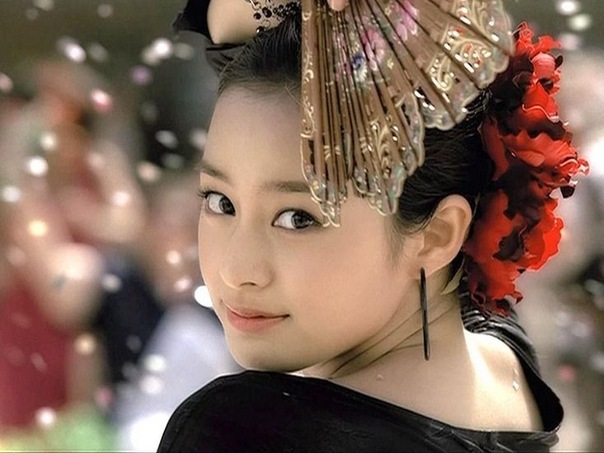 In 2020, she became the first Korean woman to win the Japan Academy Award for Best Actress (the Japanese equivalent of the Academy Award).
In 2020, she became the first Korean woman to win the Japan Academy Award for Best Actress (the Japanese equivalent of the Academy Award). 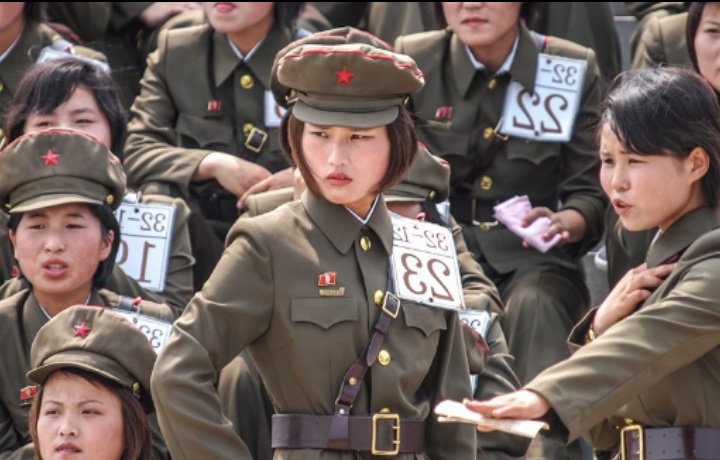 It translates to gem. Min Joo is a South Korean member of girl group DMZA. Born 29September 2003 in South Korea.
It translates to gem. Min Joo is a South Korean member of girl group DMZA. Born 29September 2003 in South Korea. 
Korean female names videos
Ilya Alabin
The author of the article is a Russian philologist, passionate about onomastics (anthroponymy), enthusiast, researcher.
Korean traditions | Koreana Tour
Confucian morality is strong in Korea ]]> Brian Negin]]>
Despite recent changes, the traditional Confucian structure of social relations still largely determines the behavior of Koreans.
Respect for elders
Age and social status are of great importance.
Respect for elders is a strict tradition ]]>]]>
Names
The most common Korean surnames include the following: Kim (21% of all Koreans), Lee (14%), Park (8%), Choi (or Choi), Chon, Chan, Han, Lim, etc. A Korean given name consists of a family name mostly of one syllable and a given name as such usually of two syllables. Last name comes first. Women in Korea do not take their husband’s surname after marriage, but their children take their father’s surname.
Marriages
Wedding ceremony ]]> Brian Negin]]>
In Korea, marriage is traditionally considered the most important event in life, and divorce is a shame not only for former spouses, but also for their families.
Chere (rite of remembrance of ancestors)
Rite of Remembrance of the Ancestors ]]>]]>
According to traditional Korean beliefs, when a person dies, his soul does not immediately go to another world, but only after a change of four generations. All this time, the deceased is considered a member of the family. On holidays such as Seollal (Lunar New Year) or Chuseok (Harvest Day), as well as on the day of the death of the deceased, his descendants perform a rite of remembrance for the cher.
Rules of conduct and gestures
Koreans attach great importance to greetings and words of gratitude. They are always pronounced with a slight bow. The depth of the bow depends on the relative position of the speakers. Koreans do not like excessive displays of emotion and usually limit direct physical contact to a polite handshake. However, as your relationship grows closer, there may be more familiarity.
Foreigners in Korea are often surprised to see girls walking hand in hand. Touching between people of the same sex who are in close friendships is perfectly acceptable in Korea. Public displays of affection between different sexes, such as kissing and hugging, are not as rare these days as they used to be, but they continue to be considered obscene.
Do not take off your socks at a party! ]]> Jirka Matousek]]>
Koreans traditionally sit, eat and sleep on the floor.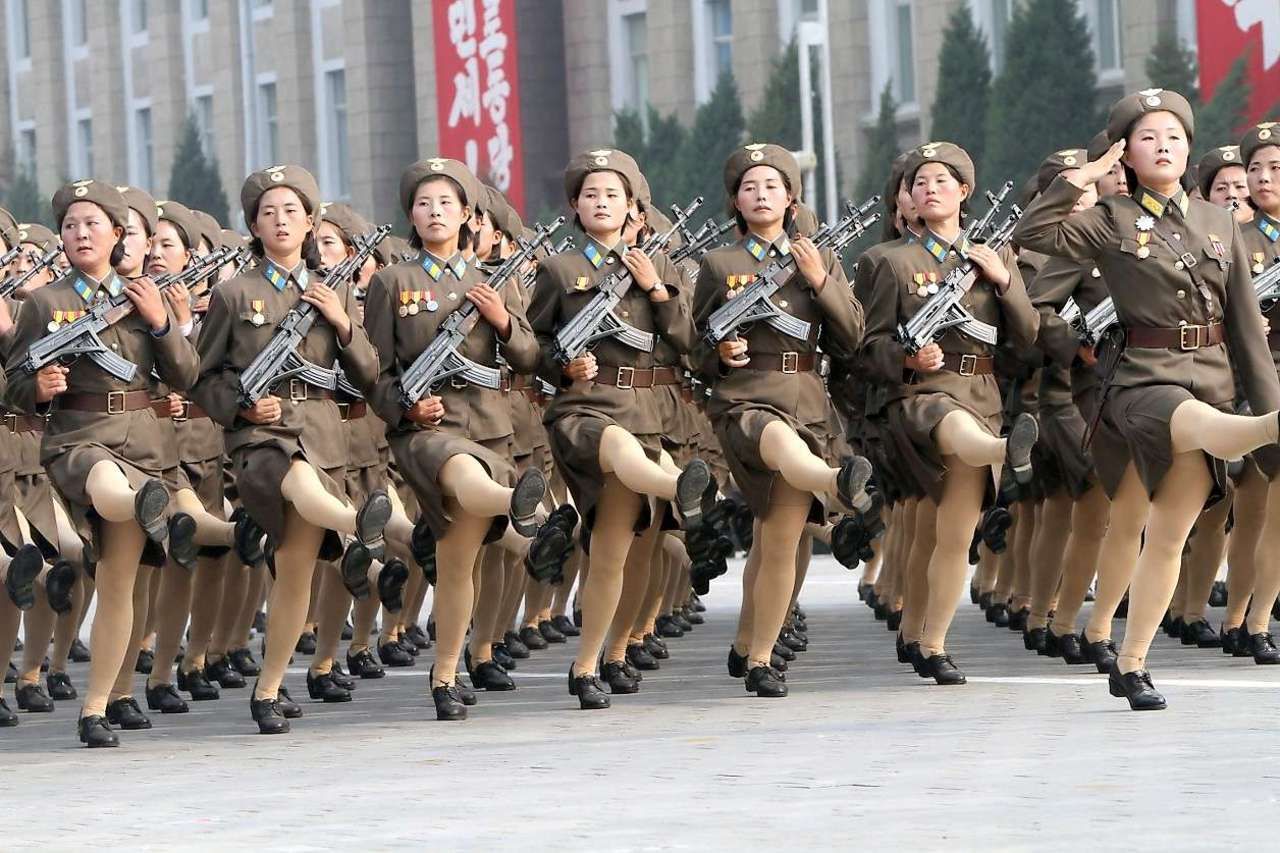
Among the younger generation of Koreans, it is considered quite normal to pay the pocket money, but it often happens that someone from a group of friends or colleagues pays. It used to be considered impolite in Korea to talk while eating, but these days it is acceptable to talk and laugh at the table. Blowing your nose at the table is considered indecent.
Words of gratitude for delicious food and good service are always accepted with joy.
In Korea, it is not customary to call a person with your hand with your palm facing up or beckon with your finger . In Korea, dogs are usually called with such gestures. If you want to call a person, do it with your hand with your palm facing down.
Hanbok
Hanbok — Korean national costume]]> Republic of Korea]]>
Hanbok has been a traditional Korean garment for thousands of years.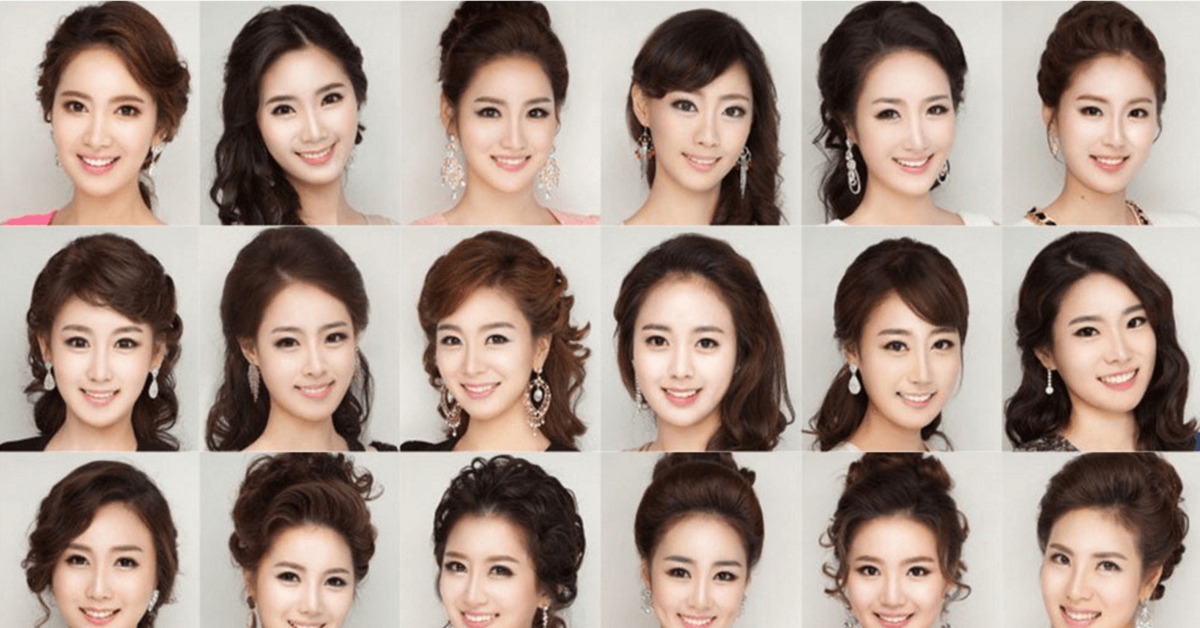
Men wore chogori (jacket) and paji (trousers), women wore chogori and chima (skirt). Nowadays, hanbok is worn only on solemn and festive days, such as wedding day, Seollal (Lunar New Year) or Chuseok (Harvest Day).
Ondol
Rooms in a traditional house do not have a well-defined purpose. For example, there are no rooms that are used as, say, a dining room or a bedroom. Depending on the need, the same room can be used both as a dining room (in this case, a small folding table is placed there) and as a bedroom (in this case, a mattress is laid in the room).
Ondol — oven under the house ]]> eimoberg]]>
Most Koreans prefer to sit and sleep on the floor on special mats or mattresses. Rooms in a Korean house have a special ondol heating system built into the floor.

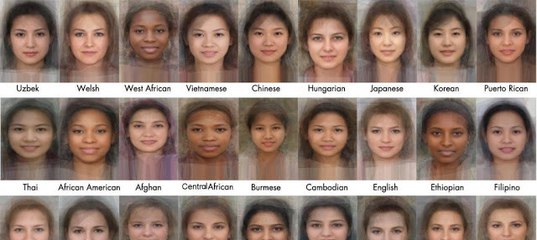 «
«
 «
«
 «
«
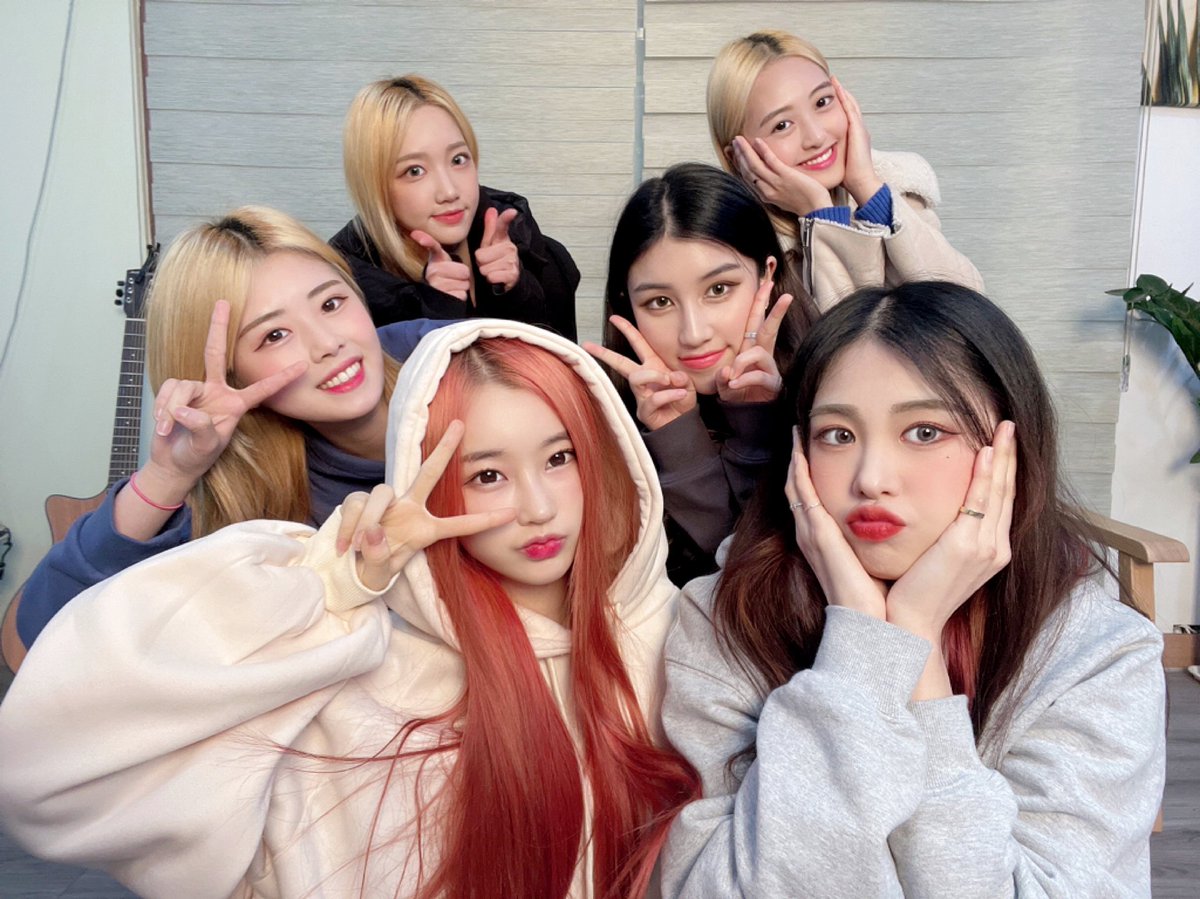 «
«
 » Compare with another form of Yong.
» Compare with another form of Yong.
 «
«
 Grouped by species.
Grouped by species.